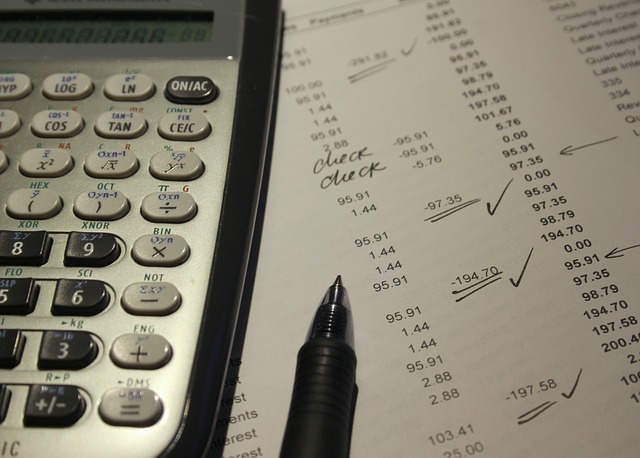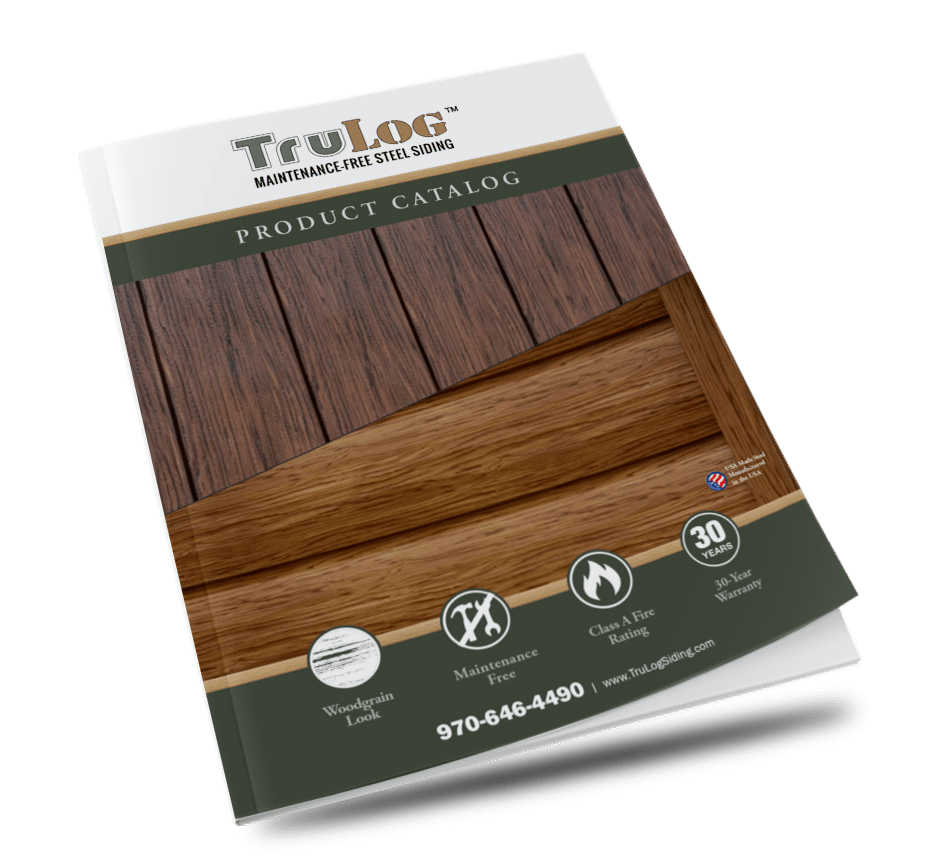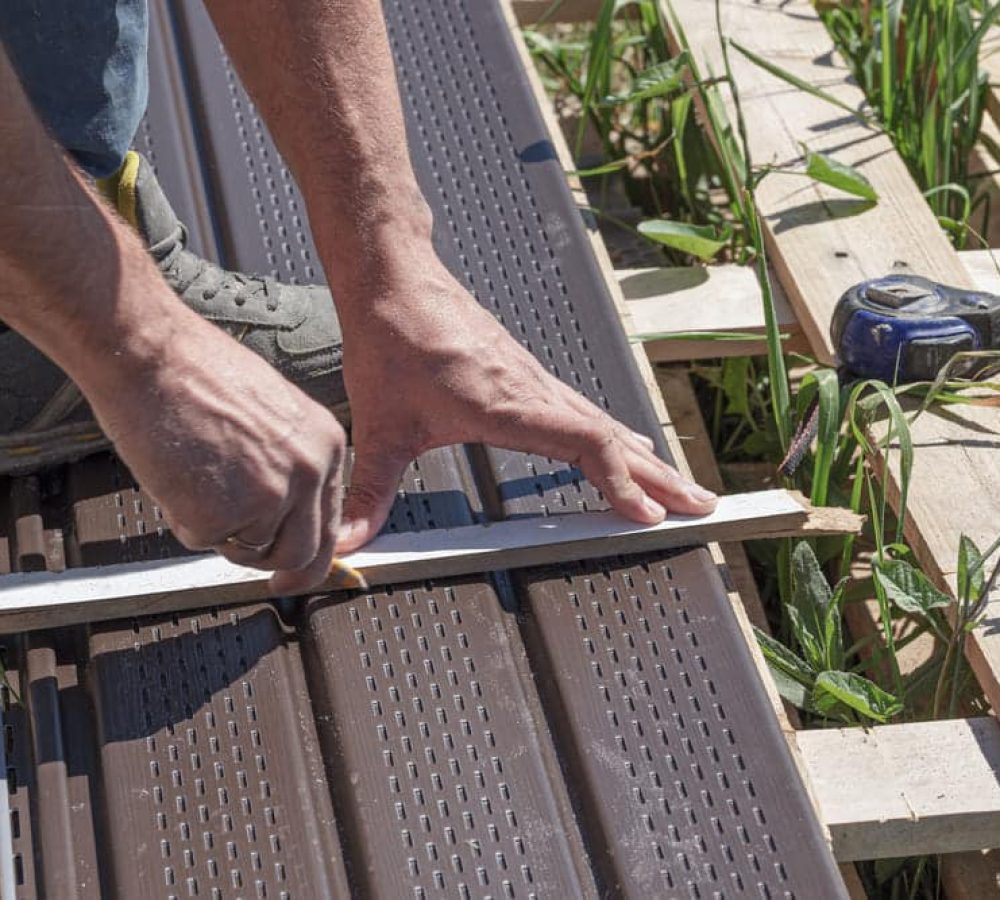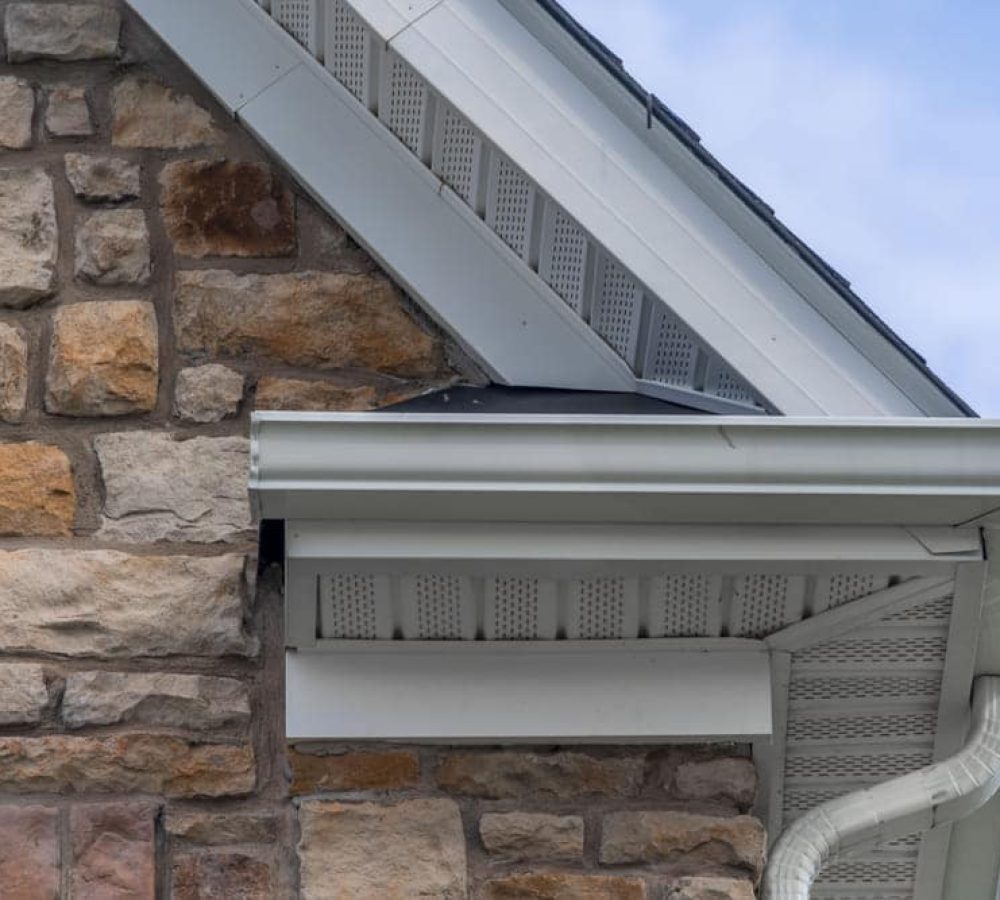
Here’s what you need to know about tax deductions for your vacation home to get the most out of your log home or cabin. Keep in mind that tax deductions for a vacation home can get complicated, so it’s always a good idea to consult with a tax advisor to make sure you’re getting the right deductions.
How to file for vacation home tax deductions
If your log cabin is a true vacation home
The simplest way to get a tax deduction for your vacation home is if you don’t rent it out, or only rent it out a few days a year. If you use your TruLog home truly as a vacation home (meaning you visit it regularly and don’t rent it out for more than 14 days a year), then you can deduct the mortgage interest for it by using Schedule A, just like you do for your primary residence. Keep in mind that your deduction for state and local taxes caps out at $10,000, and the price of your primary and secondary residences can’t exceed $1.1 million.
Within the tax law, you can rent your vacation home out for up to 14 days per year without paying taxes on the rental income.
If you rent out your log cabin for more than 14 days a year
If your TruLog home is more of a rental home than a personal getaway, your tax deductions will be different. When you own rental property, you essentially own a business. You can deduct all sorts of expenses, like property taxes, interest, property insurance, mortgage insurance, even things like housekeeping and repairs. You can write off depreciation as well. Use Schedule E when filing taxes if you have a vacation rental property.
In order to qualify for tax deductions on rental property, you need to own at least 10 percent of the property. You also need to be involved in maintaining the property, including creating rental terms and approving new tenants.
If your vacation home is also sometimes a rental property
Things get a bit trickier if you use your vacation home both for personal reasons and as a rental property than if you use your vacation home for strictly personal or strictly business matters. You need to strike a careful balance between how many days you rent out a property and how many days you inhabit a property for personal use to benefit from tax deductions.
Remember that you can rent your vacation home out for 14 days a year without paying taxes on that income as long as you spend at least 14 days a year using the vacation home for personal use. In order to maximize your deductions, you need to limit your personal use of a vacation home to less than 10 percent of the total rental days or 14 days, whichever is greater. So, if you rent your home out over for 190 days over the course of the year, then you need to use the vacation home for 19 days or less throughout the year to avoid having to pay taxes on rental income.
Note that days spent doing maintenance and repairs don’t count as personal days spent at your vacation home.
Make sure you’re getting all the right deductions for your TruLog log cabin by working with a tax advisor during tax season.




